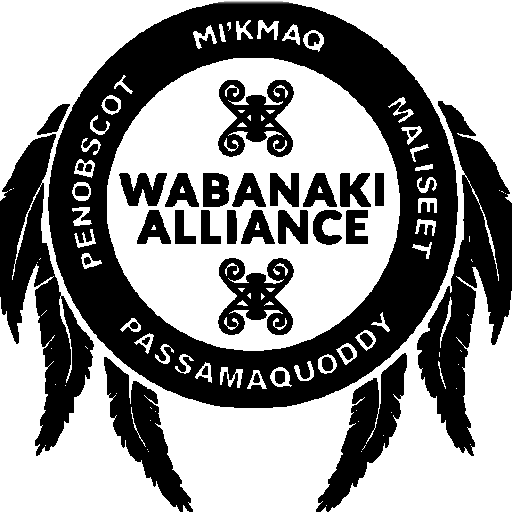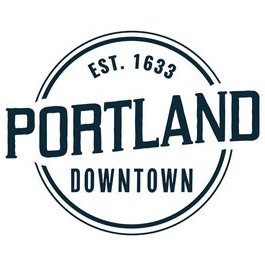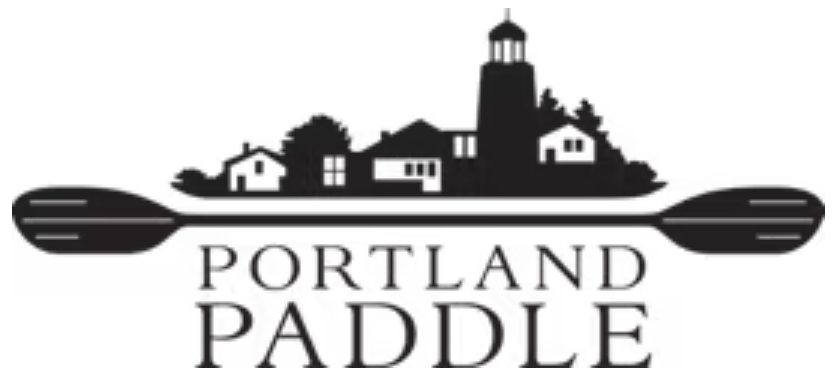
Guided walking tours that will
knock your socks right off.
Best of the Best!
#1 in Portland & Maine, #2 in New England, #12 in United States
Portland by the Foot was selected for Tripadvisor’s Travelers’ Choice Best of the Best 2023! 🎉 This prestigious honor is based on high levels of above-and-beyond traveler reviews in the last year — fewer than 1% of 8 million experiences are awarded.
Best walking tour in Maine
In 2024, Yankee magazine’s Maine Travel Guide recognized Portland by the Foot as the best walking tour in Maine.
I tell the people’s history of Portland, Maine
Curious about what’s left out of mainstream tours?
Excited to visit both major landmarks and underrated gems?
Eager for inclusive storytelling?
Me too.
I’m inspired by the intriguing, surprising, empowering — and too often untold — stories of marginalized communities, peoples, and histories. Each lovingly crafted tour is designed to broaden your sense of what Portland and Maine have been and could be, taking you on a journey beyond what other tours offer.
I promise: you’ll leave feeling brighter and more curious about not just Portland, but the wider world.
Inclusive, empowering, and surprising tales even locals don’t know.
I’m Dugan
And this is my tour company. I’m also the guide. After many years as the most requested guide at a different company, in 2021, I decided to strike out on my own. I absolutely relish creating personalized and delightful experiences for guests. Well over 34,000 people have enjoyed tours with me!
I am a full-time public historian, former director of a statewide museums association, the official tour partner of Maine Historical Society, and a graduate of the Portland History Docent Program. I hold a Master’s of Community Planning, the University of Maine’s Dawnland – Maine Indian History Badge, and certificates in historic preservation and geographic information science. Aside from the nerdy stuff, I also have a background in stage performance, sharing Maine humor and New England folk dance across North America.
Boy, have I got some stories to tell!
Choose a riveting adventure:
-

Black History Tour
$49 | 2 hours | 1.5 miles
Black Portlanders have moved our city, state, and country closer to our ideals. Trace their steps with me!
-

Hidden Histories Tour
$49 | 2 hours | 1.5 miles
Meet the people whose wit and grit have made Portland what it is today. A great overview!
Four reasons folks love Portland by the Foot:
Just the right size
I keep group sizes small, so you can have the intimate and personalized tour you want.
Eco-friendly & healthy
Fabulous for the planet and your body, my accessible and well-paced tours are the ideal way to experience Portland — an epically walkable city!
Unexpected spots
My tours take you to untouristed gems. You’ll have a one-of-a-kind experience even locals can’t brag about!
Ideal routes
You’ll always be just steps away from a five-star restaurant, unique boutique, or the water’s edge, and a question away from the perfect recommendation.

Book here on my website for the guaranteed lowest rates.
Commitment to anti-racism
I do my best to uncover and confront racist ideas that are embedded in the way I interpret the past and view my place in the present. I want the stories I share on Portland by the Foot tours to frankly reflect and challenge society's evolving system of unfair advantage based on perceived racial differences. I am committed to cultivating tour environments and business practices that counteract racism and other harmful historical patterns.
Land acknowledgement
We’re always calling this place Portland, but really it’s Machigonne. That’s the Algonquian name given to this peninsula by the Indigenous Wabanaki Nations who have lived here for more than 13,000 years. Despite encroachments by French and English colonizers and their descendant institutions, the Wabanaki have maintained their sovereignty and skillfully navigated diplomatic relations with the State of Maine and United States of America to this day. There are four federally recognized tribes in Maine today: the Houlton Band of Maliseet Indians, Penobscot Nation, Mi'kmaq Nation, and the Passamaquoddy Tribe.
As a guest in unceded territory, I am grateful for the Indigenous knowledge made available to me and for the ongoing stewardship of this land by the Wabanaki. I support these nations’ current claims to self-determination, land rights, water rights, fishing rights, hunting rights, ancestors’ remains, and historic artifacts. I urge the State of Maine and United States governments to recognize the jurisdiction and authority of Wabanaki regulatory powers over taxation, natural resources, land use, gaming, and trust land acquisition. I urge museums to repatriate to Wabanaki authorities all Indigenous human remains and sacred and funerary objects collected in Maine. And I commit to the ongoing process of decolonizing the stories I share with guests on my tours.
Gift cards available
Gifts can be redeemed at any point during the season and never expire. Give a great experience!
Chipping in to restore the Abyssinian Meeting House.
I donate a portion of every ticket sale to the Committee to Restore the Abyssinian.
Built in 1828, the Abyssinian Meeting House is the third-oldest African American church still standing in the United States. It was the center of life for Portland’s Black community in the 19th century—a buzzing community where people worshipped, were educated, fought for political power, offered refuge to freedom-seekers on the Underground Railroad, and celebrated with good music and good food. Since 1998, the Committee has worked tirelessly to restore the meeting house and reopen it to the public



















